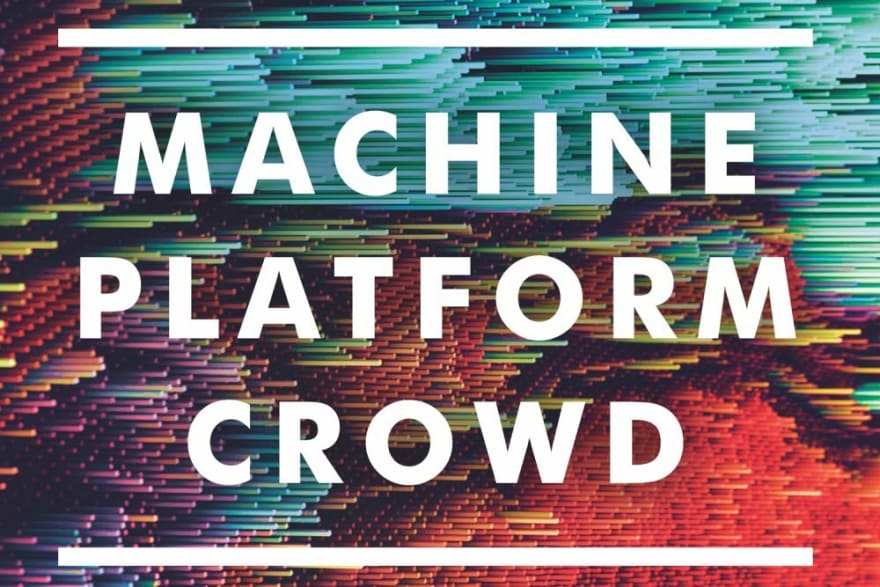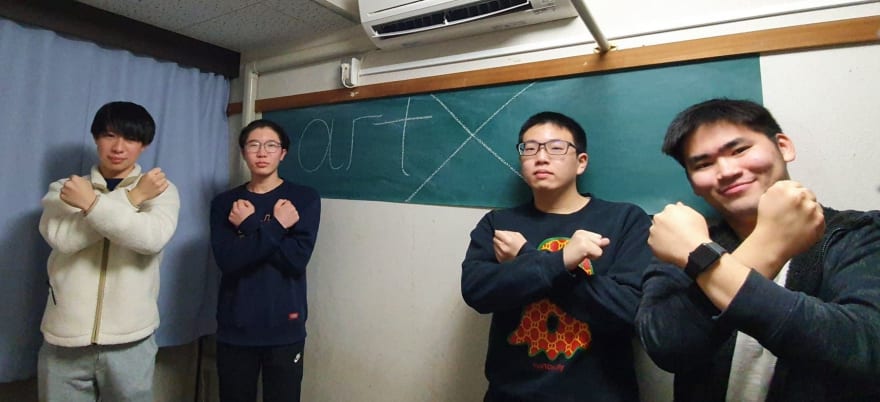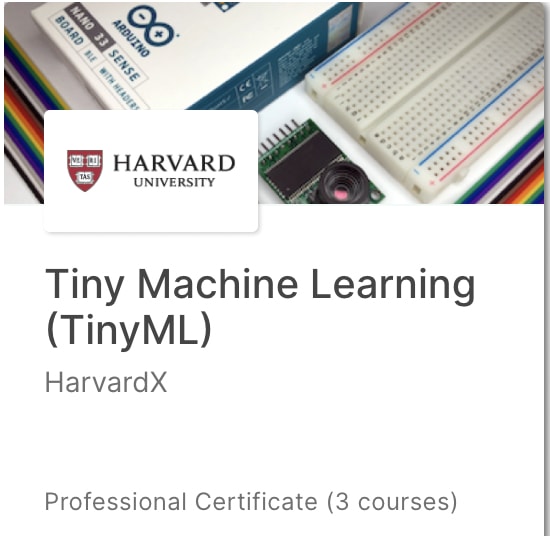Introduction:
I am a foreign student who studies Information Engineering at Yuge National College of Maritime Technology. Today I wanted to share my journey through learning AI but mostly Deep Learning and Machine Learning on my own during the last year.
I’m a part of a scholarship program conducted by Japan’s Ministry of Education Science and Technology and I became a student in my current college in April of 2020, right when the coronavirus pandemic and lockdown started. My college is located on a small island right next to the giant bridge connecting Chyuugoku and Shikoku. I was living in my dormitory all by myself for 6 months and there was hardly anyone else on the island except a few teachers and elderly residents. So, I decided to spend my isolated time as an opportunity to learn a new thing, and Artificial Intelligence has always been a very interesting concept to me, and thanks to the recent years’ huge accomplishments made by global-leading scientists, this was the perfect time to start my AI learning journey.
My very first steps:
My experiences in coding and computer programming were not excellent then. I didn't know anything about object-oriented programming like Java or Python at all, but I had some practice from learning C during my high school years in Ulaanbaatar. So the very first step I took was learning Java. Our college curriculum included Java lessons, and I also completed the “Learn to Program in Java” online course offered by Microsoft using edx.org and it really accelerated my journey. After that course, learning Python was a lot easier and more approachable.
I knew that I was kinda bit rushing, jumping to learning AI right after only learning my first object-oriented language, but one day I saw a video about Deep Learning presented by a youtube channel called 3Blue1Brown, and it just seemed really interesting and approachable, so then I was really dedicated and confident about learning Deep Learning. There I first learned about Neural Networks, Gradient Descent, Backpropagation, CNN, etc. and it all was very mind-blowing concepts. While taking these classes I also read a book called “Machine, Platform, Crowd” by Andrew McAfee and Erik Brynjolfsson. The author of this book has remarked most of the astonishing outcomes made by the power of a large group of people contributing their small yet significant contribution towards a unified platform with the specifically engineered algorithms using machine learning and deep learning. This book gave me great insight into my base interests in AI and made me more sure and confident about exploring this field furthermore. The book included lots of groundbreaking and mindblowing AI implications in all kinds of people such as a simple farmer in Japan who made a pickle sorter to Google’s Deepmind algorithm controlling all its data centers’ electricity around the world and significantly reducing its energy consumption. It was at this moment where I got deeply attracted to AI and dedicated myself to mastering this concept.

My first big competition experience:
In order to learn things, we all need things that push us, or else it is easy to get tired or give up on things especially while we are learning difficult concepts all by ourselves. After 6 months of exploring the basics of deep learning and coding using PyTorch and Tensorflow, I really needed some major projects that I could try building with much more time and dedication. Thankfully, there has been a really great chance to do some big projects in a big competition. Two of my senpais from my scholarship program, who study in Nagaoka College of Technology have recently made huge news by winning in the Deep Learning Contest among KOSEN students (DCON19) and started their own companies with the seed investment of 40 million yen with 400 million yen valuation. So I video-chatted with them over Zoom Call and asked about all their projects. They made an analog-meter reader for the industrial factory. At first, it did not really seem that significant, but after they explained the application in Japan, I saw that it was a pretty groundbreaking idea. Over 70% of all factories in Japan did not have this kind of analog metric reader platform, so their invention reduced the cost related to safety or accuracies by a lot. After that, I decided to challenge myself to this awesome competition and learn about Deep Learning even further. One of the very unique characteristics of this competition was that our projects were supposed to increase productivity among various businesses or help a crucial industrial problem, so it was more about finding the idea. So, I decided to try participating and gain experience in the competition. I was a 3rd-year student, so I had one more chance as a 4th year even if I failed this one, yet still, I gave a quite serious amount of time and effort.
I asked my new classmates and 3 of the students agreed to participate with me. They all had good programming experiences, but no one had enough deep learning experience. The project we decided to do was a thing I have been talking about with my friends since high school, a smart party planner app, and our deep learning implementation was to identify all the party going and organizing people’s interests and make a schedule, find a venue, and artists for hire which most of the party-goers would really enjoy it. Our main algorithm was to take the user’s interest data using the users’ psychometric analysis through psychometrics tests. The main test we used was the Big Five Personality traits’ simplified version called the Ten-Item Personality Inventory (TIPI) made by the University Of Texas’s social psychologist Professor Samuel D.Gosling. This test offered a great insight into a person’s social tendency to interact with others and a chance to take inputs as numeric attributes of the user’s interest in a very simple way. This trait gave us a chance to test how well the machine could understand a people’s personality through a few simple questions and manage to organize public events or parties which most of the participants would get the highest level of satisfaction with using the least amount of organizers’ efforts. We also studied other factors such as the musical preference test using the research made by Cambridge University’s social neuroscientist Professor David Greenberg.
In simple words, we would ask 10 questions from each user at the beginning, and based on their 7 types of answers we would feed the data into our algorithm and it would predict whether or not these users would evaluate (1. Like, 2. Neutral, 3. Dislike ) anything related to the party even before anything happens.
I wrote my first complete deep learning code then, using PyTorch. I used Jupyter notebook, and Adam Optimizer, ReLU as our activation function. The biggest problem during our project period was to collect accurate training data. We were supposed to collect at least thousands of users' TIPI tests and their feelings about certain party items. We initially planned to gather them by conducting a research project using my high school friends in Mongolia, but due to the strict policy in Ulaanbaatar, we could not do it hands-on. What we ended up with was approximately 100 people’s google form data which were all conducted by the people themselves, in other words, unreliable data. This was the time I realized that the most important process while creating any AI-related algorithm is the data-collection.
The competition lasted for 3 months and had 3 levels of screening, and we passed the 1st screening stage including our business plan, and platform idea documents. 30 teams have passed this stage and our little project has made it in the newspaper and Japanese Deep Learning Association has given us 30,000yen for our project, and NVIDIA’s JetsonNANO chip. We were all very happy and inspired. The next stage was to build a demonstration prototype and due to our data-collection problem, we really hit the wall. We all tried our best at building the other stuff like UX/UI design, mobile app, database, etc. but the core qualification was the deep learning algorithm. Later we got feedback saying that our algorithm was under-trained. DCON21 was a very thrilling and huge competition for us, we all learned so much about stuff we did not know before, so even though we lost the competition, we all became so much inspired and confident about developing our data science, and AI skills furthermore, because we saw the huge potential and amazing application behind this great concept, and it was the biggest accomplishment we made. We are now planning to compete in DCON22 this year with more spirits and dedication this year.

artX mobile app v0.1(UI Sketch)
https://xd.adobe.com/view/b8d8d681-88bf-4b72-bff3-003f44ca3680-ed8b/
artX evaluator source code:
https://github.com/chinggisod/yugejikken/blob/main/test.ipynb?short_path=92f246f
Aftermath:
Since DCON21, I realized I still need to learn harder about all the things related to AI and data science. So, I have started 2 online courses from HarvardX and MIT. HarvardX offers a very interesting program called “Tiny Machine Learning” with the collaboration of Google and Tensorflow. This program included 3 courses: Fundamentals, Applications, and Deploying of TinyML. I have completed the first one and am doing the Applications of TinyML currently. Tiny Machine Learning offers an A.I. implementation in various kinds of small everyday electric devices. We have been doing lots of interesting projects using ArduinoNANO. Also, MIT’s Intro To Deep Learning 6.S191 course was all free on their website, introtodeeplearning.com, and there were tons of really interesting lectures and applications in medicine, language, gameplay, art, computer vision, and robotics. I have become much more familiar with the concepts and am really confident at learning furthermore.

Conclusion:
Computing Technology is one of the greatest accomplishments that humankind has made. For the last hundred years, the greatest minds who have walked on this planet have contributed so much to this and now we are standing on the edge of the next true innovation of this field, a machine with the ability to self-learn and think like a human mind. So, learning and mastering this concept became the main mission of my life, and my dream is to become part of this greatest innovative revolution at least in a little bit while learning as best as I can and develop myself as well as I can. My journey has just started, yet I am confident that this journey will be the most fun, adventurous and rewarding one in my life.



Top comments (0)